Heat Pump Applications and Benefits
Our project managers and technicians work to educate contractors, designers, and architects about the systems we use every day. An educated contractor can better serve their clients as they communicate the applications and benefits of the systems being installed in their home.Peter Feinmann, President of Feinmann, Inc., of Lexington, MA, realized it would be valuable to educate his team on heat pump applications and benefits. Not only did he want his team to better understand the systems, he knew it would also be beneficial to teach his staff how to educate and guide Feinmann clients as they choose the proper heating and cooling system for their home.
“We had Sam from Lavallee Systems do a presentation to our group of (7) Project Management staff to explain the value and technical elements of Heat Pumps for our residential clients. Everyone learned so much from Sam guiding us to offer Heat Pumps as an alternative to fossil fuel systems. Our PMs pushed hard, and Sam answered questions flawlessly.” Peter Feinmann, Feinmann, Inc.
Sam Wallace, Lavallee Systems’ HVAC Estimator and Project Manager, stepped in to design a special informational presentation on heat pumps to meet Peter’s needs.What is a Heat Pump?In order to transfer heat from one place to another, heat pumps use electricity. During the summer, they act like an air conditioner by transferring warm air outside while moving cool air inside your home. During the winter, warm air outside moves indoors to heat your home. Heat pumps are an energy-efficient alternative to a natural gas furnace or electric baseboard home heating systems. The heat pump provides efficient heating and cooling to help keep your home comfortable all year long.
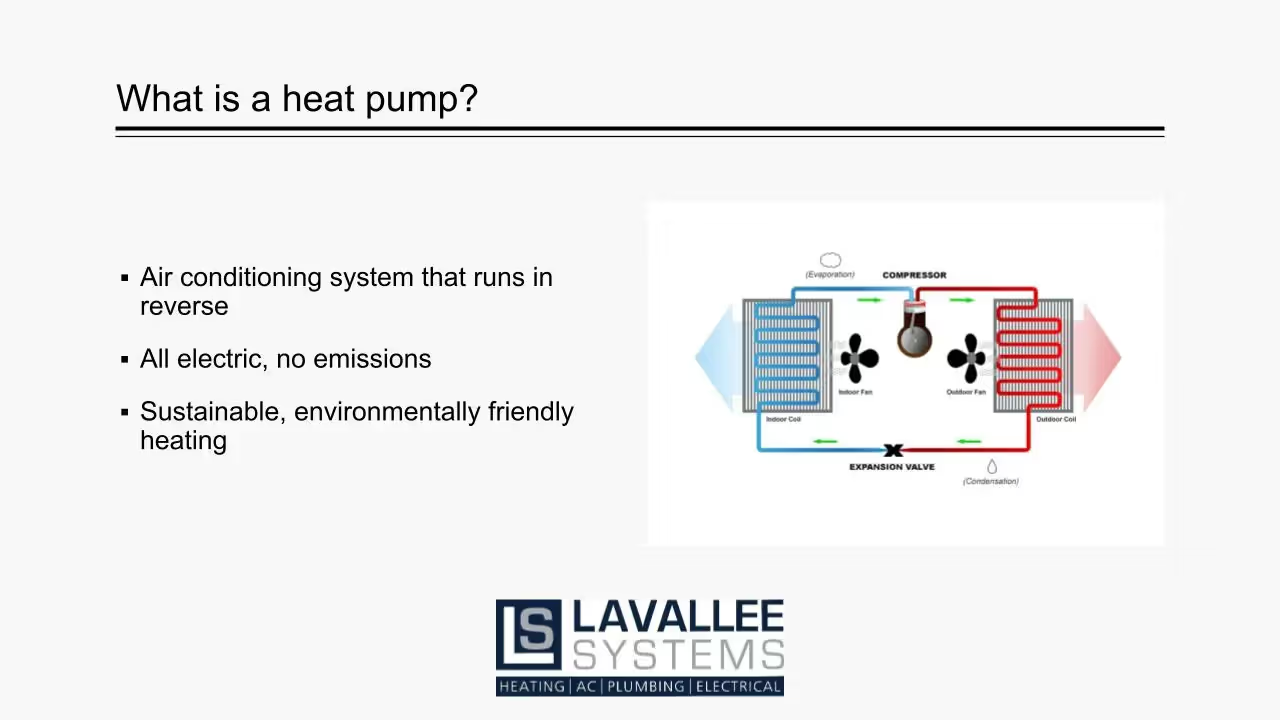
Different Types Of Heat PumpsDucted:
- Existing Ducts: If you are not making significant renovations and already have ducts, save money and use your current ducted system to install a new heat pump.
- Hidden Mechanicals: Ductless systems require air handlers mounted on the walls of a room. If you prefer not to see your mechanical systems opt for a ducted system.
- Air circulation: A benefit to ducted systems is the robust air circulation. Mini-splits only provide circulation to limited space.
Ductless:
- Heating and Cooling: Air handlers in a ductless system are installed in separate areas of the home. Smaller zones allow for better temperature control, and smaller systems use less energy, making them more efficient.
- Allergies: Ducted systems circulate lots of dust and other air pollutants throughout the home. Ductless systems do not have this issue, making them perfect for allergy and asthma sufferers.
- Efficient: Not only is a ductless system more cost-efficient, but it also gives homeowners options during renovations to forego the costly ducted system.
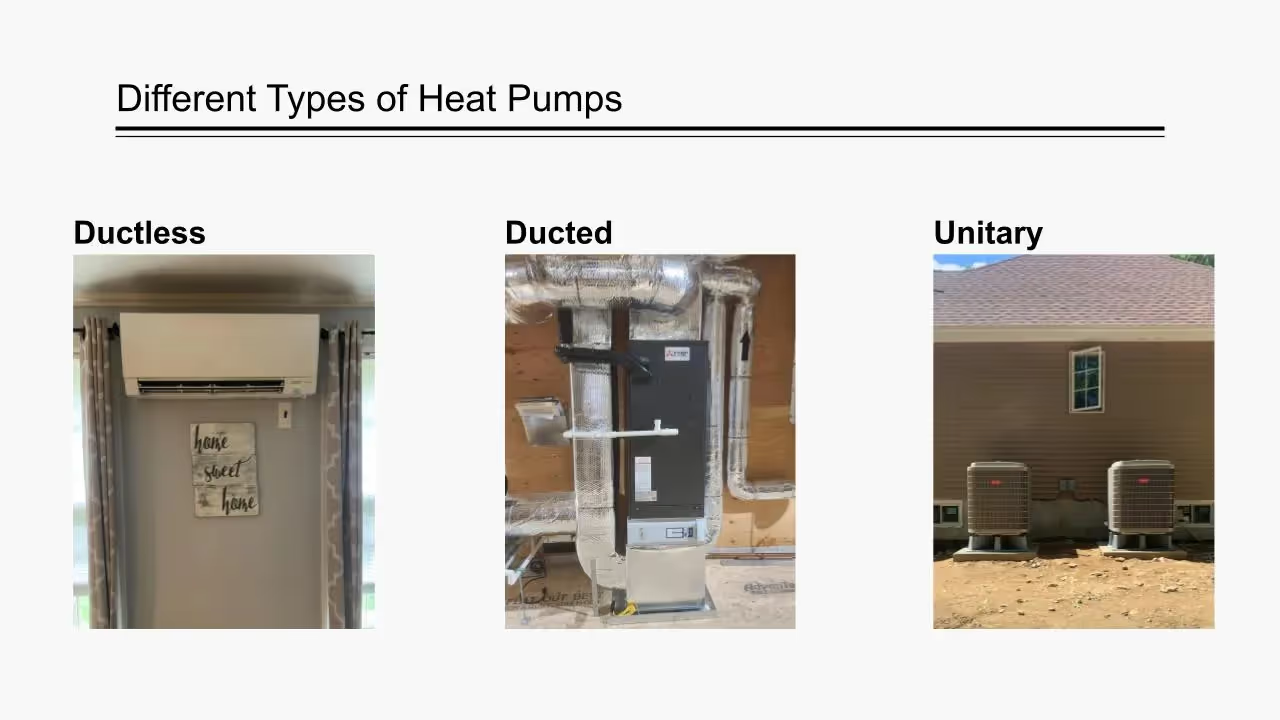
We feel it is our responsibility to educate the remodelers on the systems we install in our projects. If your team wants to know more about the HVAC systems we install, please reach out to Sam Wallace. For the full presentation, please click here.
Schedule Expert Service Or Contact Us
MEMBERSHIP
PLAN BENEFITS

15% OFF ANNUAL SYSTEM MAINTENANCE
Enjoy discounted pricing on our already affordable maintenance services.

10% OFF FLAT RATE REPAIRS
Save on necessary repairs with a fixed discount.

5% OFF SYSTEM INSTALLATIONS
Upgrade your system with an exclusive member discount.

WAIVED EMERGENCY SERVICE FEE
Avoid the $300 fee if emergency service is ever required.

PRIORITY SCHEDULING
When you need service, you’ll be at the top of our list for the fastest possible response.
EXPLORE OUR
MAINTENANCE PLANS

CUSTOMER
TESTIMONIALS

RELATED ARTICLES
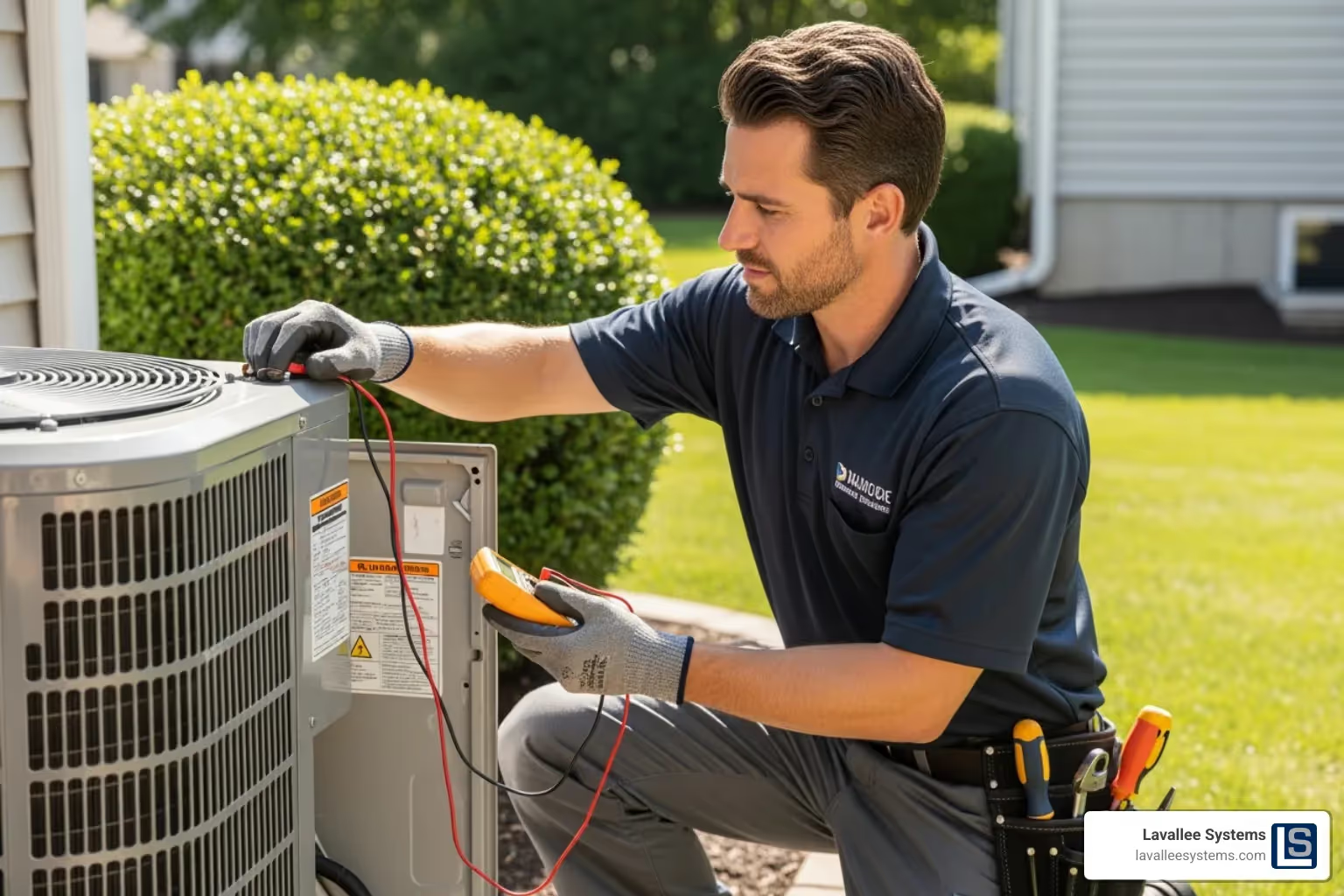
Newton's HVAC Guarantees: Your Ultimate Guide to Service Assurance

Schedule Essential End-of-Summer AC Maintenance
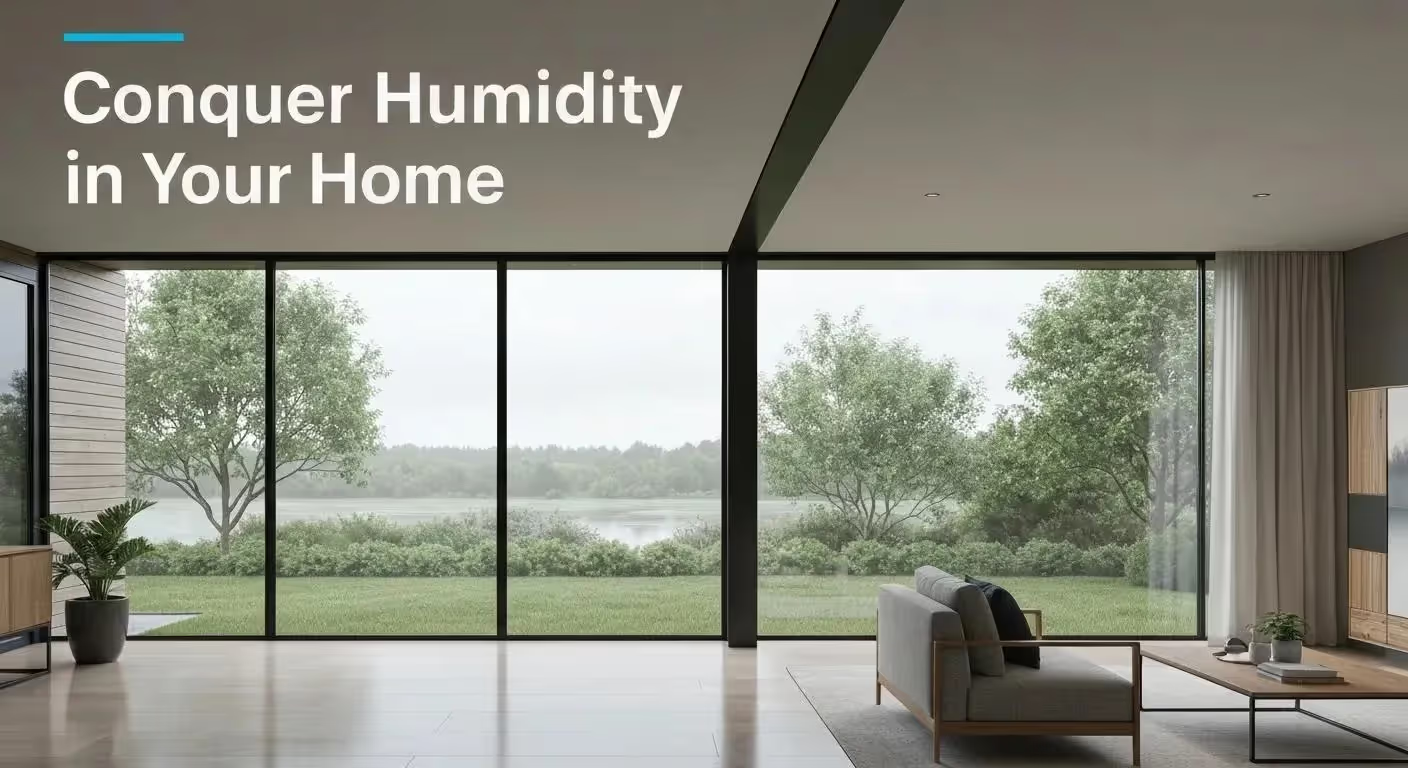
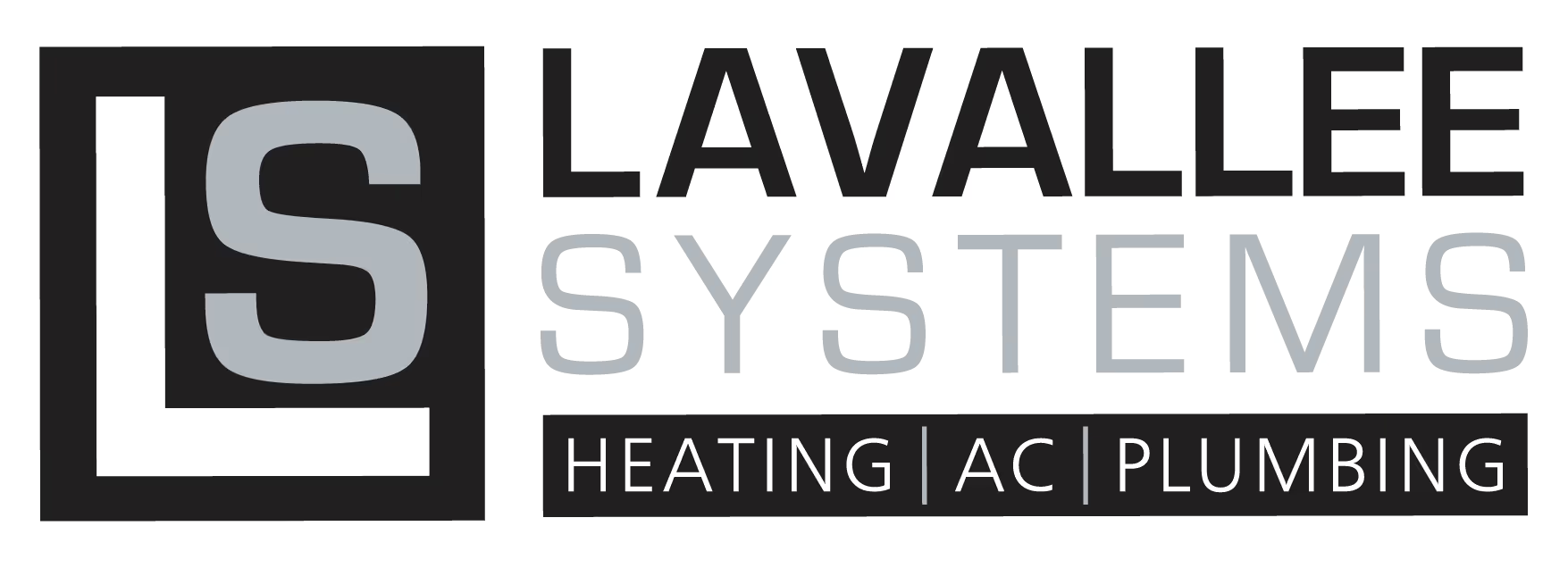


.avif)










